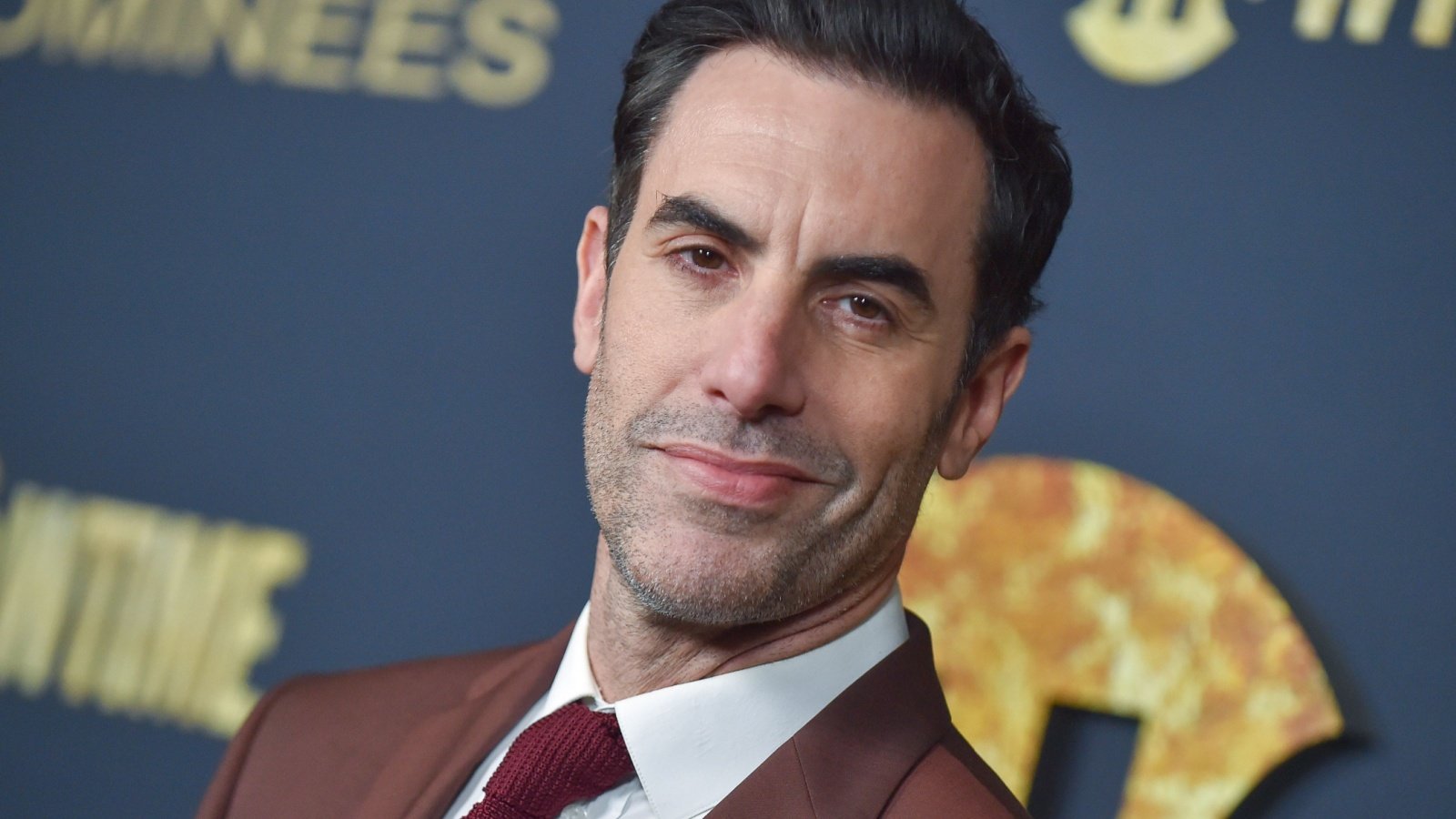In a world that praises innovation and youth, the wisdom and experience of those over 45 often get sidelined in the corporate rush. This oversight isn’t just a loss for the individuals but for the companies that undervalue the depth of knowledge and life experience these candidates bring. Let’s uncover the reasons behind this trend and its impact on both seasoned professionals and the businesses that overlook them.
Perceived Lack of Flexibility

Companies often assume older candidates are set in their ways and less adaptable to new technologies or methodologies. This perception can make them hesitant to hire individuals over 45, fearing a longer adjustment period. Yet, this overlooks the adaptability and experience such candidates bring.
Higher Salary Expectations

Employers might presume that candidates over 45 expect higher salaries due to their extensive experience. In an effort to cut costs, companies may opt for younger employees who are willing to accept lower starting wages. This short-term saving overlooks the potential long-term value experienced workers offer.
Concerns About Health and Energy

Some employers worry that older employees might not have the same energy levels or may have more health issues than younger workers. These concerns can lead to biases in the hiring process despite the fact that age does not necessarily predict health or energy. It’s a stereotype that can unjustly impact hiring decisions.
Tech Savviness

There’s a common misconception that older workers might not be as tech-savvy as their younger counterparts. Companies looking to stay on the cutting edge might unjustly favor younger candidates, overlooking the fact that many older individuals are equally capable with technology.
Innovation Bias

There’s a stereotype that younger workers are more likely to be innovative and bring fresh ideas to a company. Employers may worry that older candidates are too stuck in their ways. This bias undervalues the innovative thinking and diverse perspectives that seasoned professionals can provide.
Shorter Tenure Concerns

Companies might avoid hiring older workers due to concerns about them retiring soon and not staying long-term. This perspective fails to acknowledge the possibility of valuable contributions in the meantime. In fact, older workers often seek stability and can offer loyalty and dedication.
Cultural Fit

Employers may worry about an older candidate’s ability to fit in with a company’s culture, especially if the workforce is significantly younger. This concern can lead to age discrimination, even if unintentional. However, diverse age groups can enhance workplace culture by bringing varied perspectives and experiences.
Training and Development Costs

There’s a belief that it might cost more to train older employees or that they might be resistant to new training methods. This assumption not only underestimates older workers’ capability to learn but also overlooks their ability to bring a wealth of knowledge and experience that requires less foundational training.
Advancement Opportunities

Some companies fear that older employees may not have the desire or potential for future advancement, preferring to maintain their current skill level. This can lead to a preference for younger employees who are seen as more ambitious. Yet, many older workers are keen to advance and grow within a company.
Insurance Costs

Employers often assume that health insurance costs will be higher for older employees. While insurance costs can vary, this concern can unfairly influence hiring decisions. It’s important for companies to consider the overall value an employee brings rather than just the cost of benefits.
Longer Recovery Time

The assumption that older workers might take longer to recover from illness and, therefore, have higher absenteeism can deter companies from hiring them. However, this stereotype does not account for the individual health and resilience of candidates over 45. Many maintain excellent health and attendance records.
Work-Life Balance Priorities

Some employers believe older workers might prioritize work-life balance over career advancement, making them less available for overtime or travel. This assumption overlooks the strong work ethic and dedication many older employees have. Moreover, valuing work-life balance can improve job satisfaction and productivity.
Overqualification

Companies sometimes avoid hiring older workers because they appear overqualified for available positions. The fear is that these employees will leave for better opportunities or become dissatisfied with the role. However, overqualified individuals can offer depth, stability, and mentorship to the team.
Lack of Recent Experience

If an older candidate has been out of the job market, employers may perceive their skills and industry knowledge as outdated. This concern fails to recognize the capability and willingness of many older individuals to update their skills and adapt to new industries. Lifelong learning is increasingly common among all age groups.
Succession Planning

Firms might prefer younger employees for roles they see as crucial to long-term succession planning. This forward-looking strategy often undervalues the contribution that more experienced workers can make in the present. Older employees can play a key role in mentoring and preparing the next generation.
Generation Gap

The perceived gap in values and communication styles between different generations can make companies hesitant to hire older workers. This gap, however, can be bridged with effective communication and mutual respect. A diverse age range within a company can foster a richer, more inclusive corporate culture.
Dynamic Industry Changes

In industries that are rapidly evolving, there’s a misconception that older workers may not keep pace with changes as effectively as younger ones. Yet, experience can provide a solid foundation for adapting to industry shifts. Older workers have navigated changes before and can do so again.
Perceived Lower Productivity

There’s a baseless stereotype that productivity declines with age. Companies concerned about maintaining high productivity levels may unjustly favor younger candidates. In reality, productivity is more closely related to individual work habits than age.
Relocation Hesitancy

Employers sometimes assume that older candidates are less willing to relocate for work due to established personal or family ties. This can lead to a preference for younger, presumably more mobile, workers. However, willingness to relocate is highly individual and not necessarily age-dependent.
Digital Transformation

As companies undergo digital transformation, they may favor hiring younger employees who they assume are digital natives. This overlooks the ability of older workers to engage with and contribute to technological advancements. Many older individuals are keen to embrace new technologies.
Risk Aversion

There’s a belief that older workers might be more risk-averse and less likely to embrace bold strategies or innovative solutions. Companies looking for aggressive growth may view this as a drawback. However, the experience older workers bring can lead to calculated risks and sustainable growth.
Feedback and Management Styles

Differences in preferred feedback and management styles can create concerns about integrating older employees into modern workplace cultures. Companies may worry about adaptability on both sides. Effective leadership and clear communication can bridge any gap in expectations.
Capacity for Long Hours

The expectation for employees to work long hours or have high physical stamina can lead to a bias against hiring older workers. This overlooks the efficiency and strategic planning skills that come with experience. Older workers often achieve the same results without the need for extended hours through better time management and prioritization.
Investment in Future Leadership

Organizations may prioritize investing in younger talent for the development of future leadership within the company. This focus on youth can sideline experienced candidates who have immediate leadership skills to offer. Valuing leadership potential at all ages strengthens organizational resilience.
Social Media and Online Presence

In today’s digital age, a strong online presence is often considered essential. Employers may assume older candidates are less active or savvy on social media platforms. This assumption discounts the growing number of older professionals who effectively utilize digital tools for networking and personal branding.








